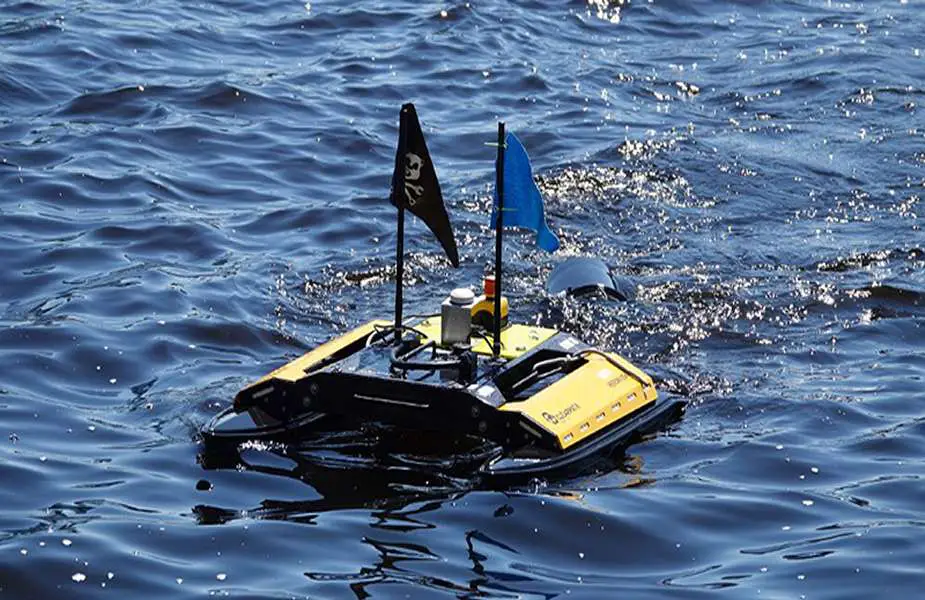Breaking news
Aurora Flight Sciences tests FALCON unmanned surface vessel on Charles River.
On April 9, 2024, Aurora Flight Sciences, a Boeing company, announced that it had conducted tests of its "Fast Adaptation and Learning for Control Online" (FALCON) control architecture on the Charles River in Boston, Massachusetts. These tests are part of an effort to enhance the autonomy of naval operations, focusing on underway replenishment (UNREP) and navigation in complex scenarios like the Suez Canal.
Follow Navy Recognition on Google News at this link
 Aurora Flight Sciences FALCON unmanned surface vessel (Picture source: Aurora Flight Sciences)
Aurora Flight Sciences FALCON unmanned surface vessel (Picture source: Aurora Flight Sciences)
The FALCON system enables unmanned surface vessels (USVs) to adapt to unforeseen conditions not anticipated during the vehicle's design. In the tests, a USV managed relative vessel-to-vessel station keeping for UNREP and navigated a simulated canal representing the Suez Canal, handling various disturbances including thruster failures and the Venturi effect.
These tests are incorporated into the Defense Advanced Research Projects Agency’s (DARPA) Learning Introspective Control (LINC) program, in collaboration with MIT’s Aerospace Controls Laboratory and Marine Autonomy Laboratory (PavLab). The aim is to develop machine learning-based introspection technologies for autonomous vehicles.
Underway replenishment, critical for the US Navy, typically requires manual operation. However, the tests demonstrated that FALCON could fully automate this process. In a scenario simulating the conditions of the 2021 Ever Given incident in the Suez Canal, the USV successfully navigated a virtual canal using FALCON, overcoming challenges posed by the Venturi effect and a thruster failure.
Aurora plans to deploy this technology on larger ships and extend its application to air and land vehicles. The system can function both as an advisory tool and as the primary control system, as shown in the LINC program where two autonomous vehicles operate collaboratively.


























